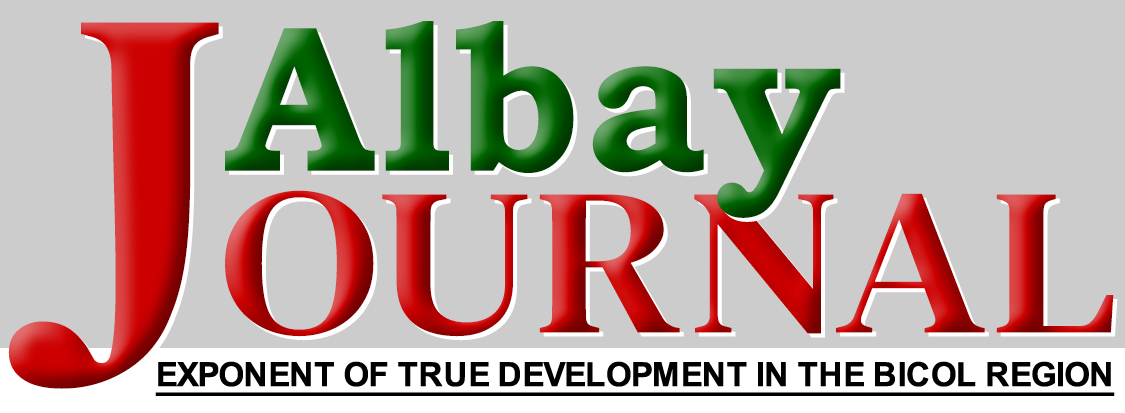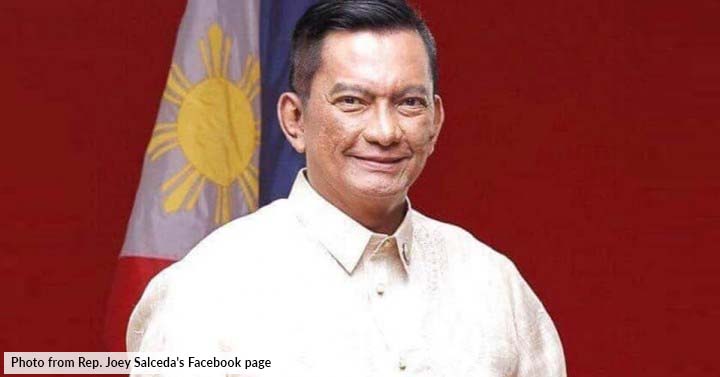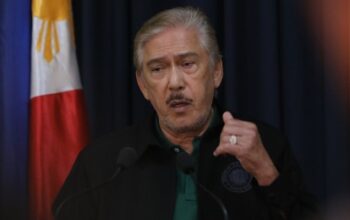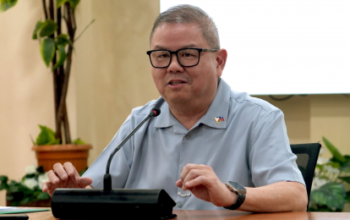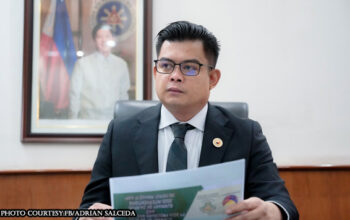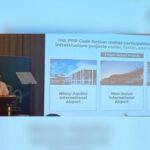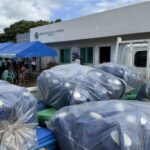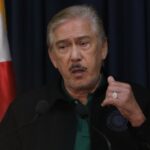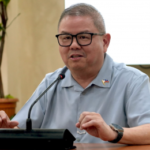House Ways and Means Chair Albay Rep. Joey Sarte Salceda said President Ferdinand Marcos Jr.’s first State of the Nation Address (SONA) is an opportunity to convey his resolve to live up to his historic mandate during the May 6 elections and bring about ‘big changes to the country.”
Salceda, who is expected to retain his post as Chairman of the powerful House tax panel, has asked the President to articulate “grand national ambitions that are as large and as historic as his mandate from the people” in his SONA on Monday.
The lawmaker has listed several important items as ‘national goals’ which he hopes President Marcos will discuss in his address, among which are: “the reduction of poverty to under 9% by 2028, lift 2.16 million families out of poverty, create a middle class of 15 million families, achieve 8% real GDP growth, lower deficit to 3-4% of GDP, lower debt-to-GDP levels to 53%, and build the foundation for our membership in the OECD by 2040.”
Most of these goals, Salceda said, “are also stated in the proposed House Joint Resolution No. 6, or the ‘Build, Build More’ infrastructure framework,” which he has filed in Congress.
Salceda proposed that President Marcos set a total infrastructure spending program of P11 trillion over the next six years “to elevate the Golden Age of Infrastructure, first articulated in different terms by his father and revived by President Duterte.”
Salceda’s HJR 6 proposes to commit the government to spend at least P10.2 trillion on infrastructure in the next six years. He also said he hopes President Marcos will address “pressing national priorities crucial to achieving these grand national ambitions,” as follows:
“First, and I am sure PBBM seeks the same thing, we need to embark on an agricultural revolution unlike anything we have ever seen in our country’s history. That means increasing export value of high value agricultural products to US$20 billion by the end of his term. That means achieving global competitiveness in corn, potentially this country’s most important crop due to downstream linkages with fuel, manufacturing, and livestock. That means a path to his campaign promise of P20 rice,” he explained.
“Second, we need to be decisive with inflation. What we can control are price gouging, logistics and middlemen costs, their second-round impacts, and their effects on the most vulnerable sectors. We need a broad range of presidential powers in the areas where we have some control.
“Third we to address the pressing need to create stronger jobs and support small businesses. I have proposed that we undertake the National Broadband Network program again to give truly global opportunities to our workers and businesses,” Salceda stressed.
“Fourth, we need to commit to resiliency (climate, financial, cyclical, structural, technological), and sustainability (fiscal, ecological, social) in our national policies.
“Fifth, we to reaffirm our commitment to education as the most important social and economic investment. That begins with a smooth and effective return to face-to-face classes; and
“Sixth, we need to recommit to fiscal prudence which has become the most important policy asset of the Philippines since 2001. Our macro-fiscal management and the continuity of such strategy for over two decades now has been the envy of the world. Reaffirming this commitment will assuage the hesitations of the global community.”
Salceda said he believes President Marcos should frame his grand ambitions within the framework of continuity of national vision. “For continuity of effort, I hope PBBM refers to AmBisyon 2040, which was crafted under the PNOY and PRRD administrations, and Pagtanaw 2050, crafted by the science community under PRRD, as guiding roadmaps for accomplishing our grand national ambitions,” he stressed.
“Being guided by these multi-administration efforts will affirm the message of national unity that earned PBBM his impressive national mandate,” Salceda concluded.
